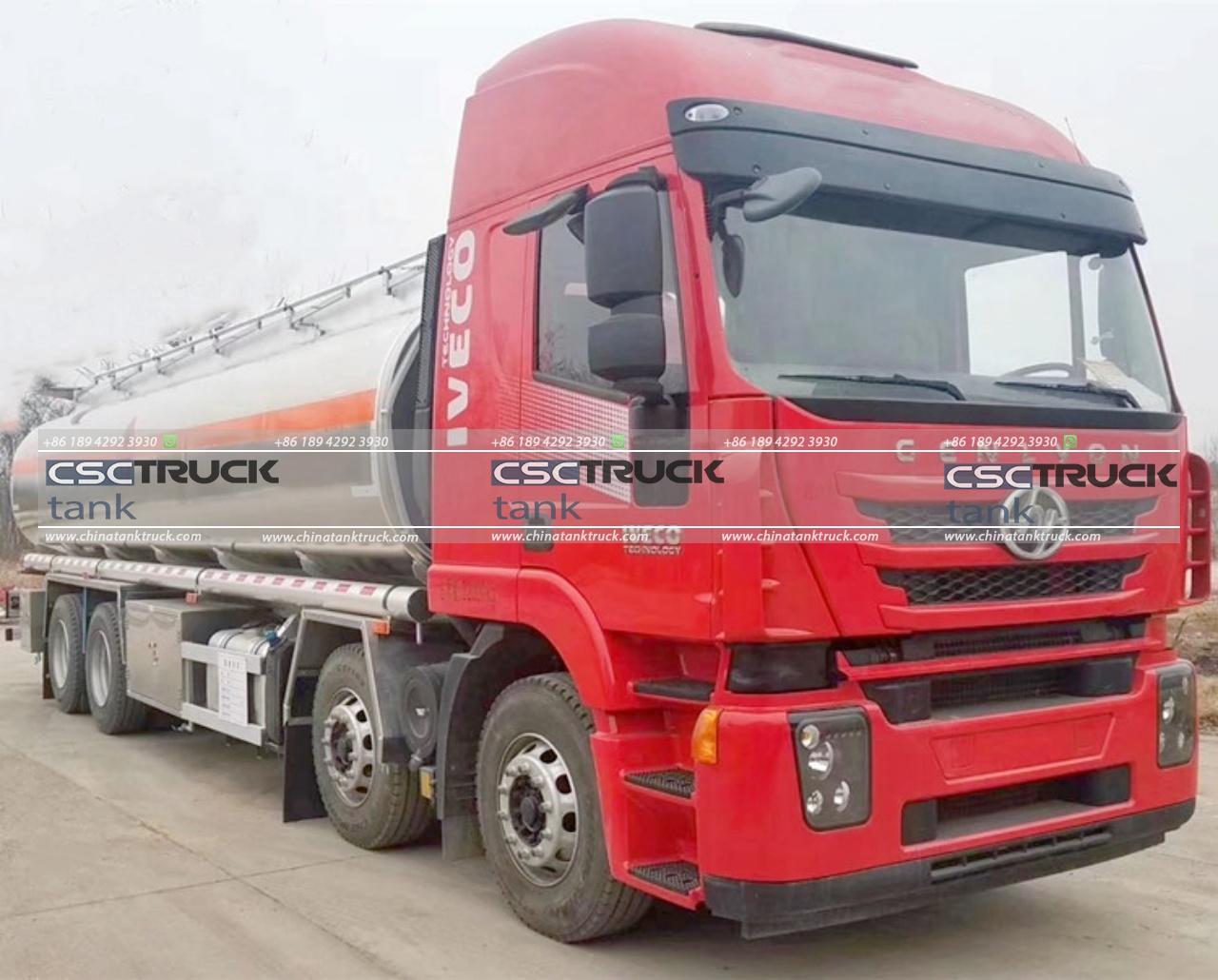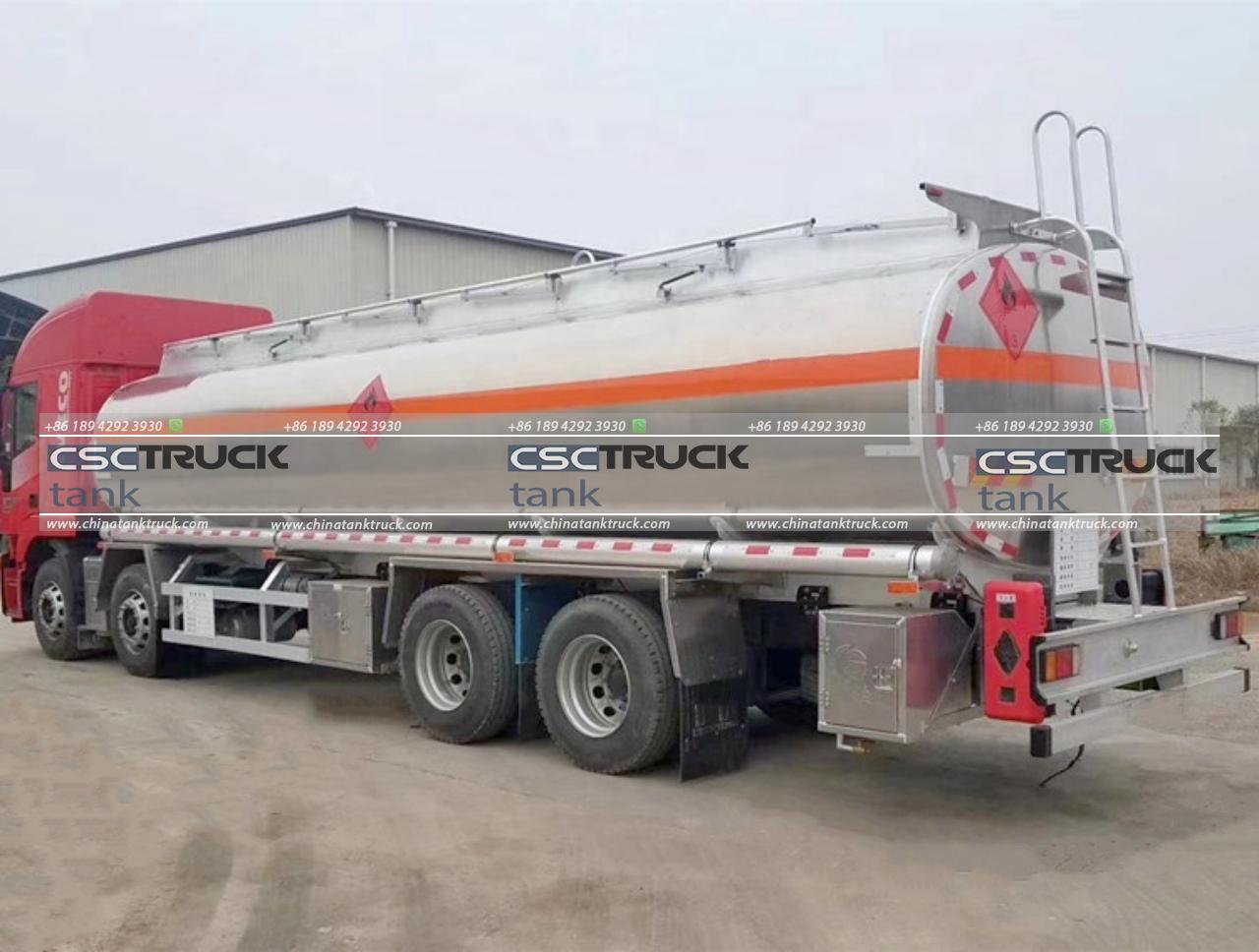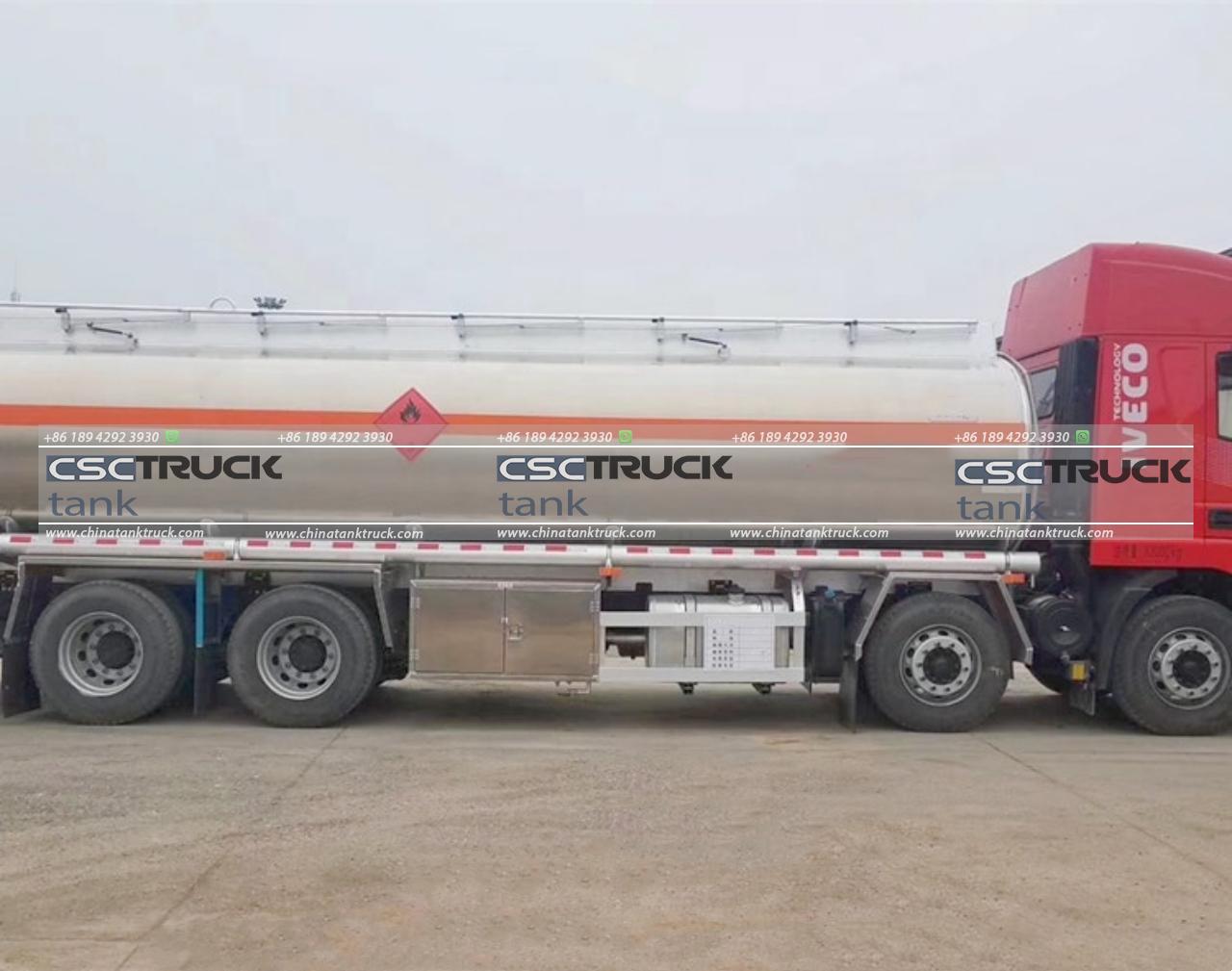How Long is a Fuel Tanker Truck?
Fuel tanker trucks play a crucial role in transporting gasoline, diesel, and other petroleum products from refineries to distribution points. Understanding the size and dimensions of these vehicles is essential for various stakeholders, including logistics companies, regulatory bodies, and road infrastructure planners. This article explores the standard lengths of fuel tanker trucks, the factors influencing their dimensions, and the implications for transportation and safety.
Standard Lengths of Fuel Tanker Trucks
Fuel tanker trucks vary in size depending on their design, purpose, and the regulations of the regions they operate in. However, there are standard lengths that many fuel tankers conform to, particularly in North America.
Typical Dimensions
1. Single Axle Tankers: These smaller tankers generally have a length of about 20 to 30 feet. They are ideal for local deliveries and can navigate urban environments more easily.
2. Tandem Axle Tankers: These trucks usually range from 30 to 40 feet in length. They provide a balance between capacity and maneuverability, making them suitable for a variety of delivery routes.
3. Tri-Axle Tankers: Measuring around 40 to 50 feet, these tankers are designed for larger loads, typically holding between 6,000 to 10,000 gallons of fuel. Their additional axle provides extra support for heavy loads, enhancing stability during transport.
4. Multi-Trailer Configurations: Some operations utilize combinations of tankers, which can stretch the length to 70 feet or more. These configurations are often seen in long-haul transportation, where efficiency and capacity are critical.

Factors Influencing Tanker Length
Several factors influence the dimensions of fuel tanker trucks:
1. Regulatory Standards
Each country and region has its own set of regulations governing the size and weight of commercial vehicles. In the United States, for example, the Federal Highway Administration (FHWA) imposes length limits for trucks, which can influence the design of fuel tankers. Generally, the total length of a truck and its trailer cannot exceed 65 feet on interstate highways.
2. Type of Fuel Transported
The type of fuel being transported also dictates the design of the tanker. For instance, hazardous materials may require additional safety features and reinforced structures, potentially affecting the overall length and width of the vehicle.
3. Operational Needs
The intended use of the fuel tanker significantly impacts its dimensions. Local delivery trucks may be shorter to navigate city streets, while long-haul trucks are typically longer to maximize load capacity.
4. Road and Infrastructure Constraints
The roads and infrastructure in a specific area can also dictate the appropriate length for fuel tanker trucks. Regions with narrower roads or tighter turns may necessitate shorter vehicles, while areas with wide highways can accommodate larger tankers.
Implications of Tanker Length
Understanding the dimensions of fuel tanker trucks has several important implications:
1. Safety Considerations
The length of a tanker can affect its handling and stability. Longer trucks can be more challenging to maneuver, especially in urban environments. Safety regulations often mandate additional training for drivers operating larger vehicles to mitigate risks.
2. Weight Distribution
Longer tankers may have to adhere to strict weight distribution regulations to prevent accidents caused by overloaded axles. The placement of the fuel within the tank can also affect the truck’s balance, especially during turns or sudden stops.
3. Environmental Impact
Long-haul fuel tankers can contribute to higher emissions due to their size and the distance traveled. Regulatory bodies are increasingly focusing on reducing the environmental impact of fuel transportation, which can influence the design and technology used in tanker trucks.
4. Economic Factors
The length and capacity of fuel tanker trucks directly relate to operational costs. Longer vehicles can carry more fuel, potentially lowering the cost per gallon transported. However, they may incur higher maintenance and fuel consumption costs, which must be factored into overall logistics planning.

Future Trends
The fuel transportation industry is continually evolving, and several trends may impact the dimensions and design of tanker trucks in the future:
1. Alternative Fuels
As the world moves toward renewable energy sources, the demand for fuel tankers may shift. Electric and hydrogen fuel cell vehicles are becoming more prevalent, which could lead to changes in tanker design and length as new technologies emerge.
2. Technological Advancements
Advancements in materials and technology may enable the production of lighter and more fuel-efficient tankers. Innovations such as composite materials could reduce weight without compromising capacity, leading to potentially different dimensions for future tankers.
3. Increased Regulation
As governments focus more on safety and environmental standards, regulations may become stricter regarding the dimensions and operational practices of fuel tanker trucks. Compliance with these regulations will be crucial for companies involved in fuel transportation.
Conclusion
Fuel tanker trucks are vital to the energy supply chain, and their dimensions can vary widely based on regulatory standards, operational needs, and the types of fuel transported. While typical lengths range from 20 to over 70 feet, various factors influence these sizes, including safety, maneuverability, and economic considerations. As the industry evolves, keeping abreast of these trends will be essential for all stakeholders involved in fuel transportation. Understanding the implications of tanker lengths can lead to safer, more efficient, and environmentally responsible operations in the vital field of fuel distribution.


